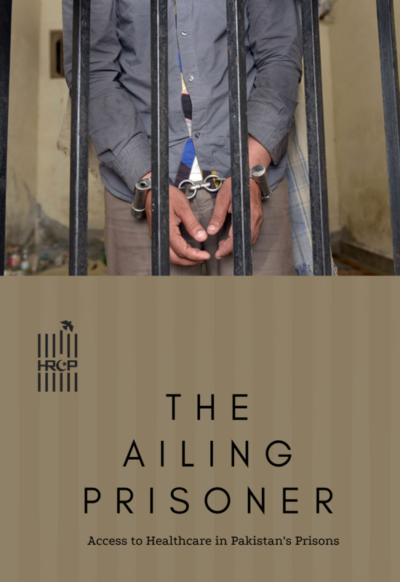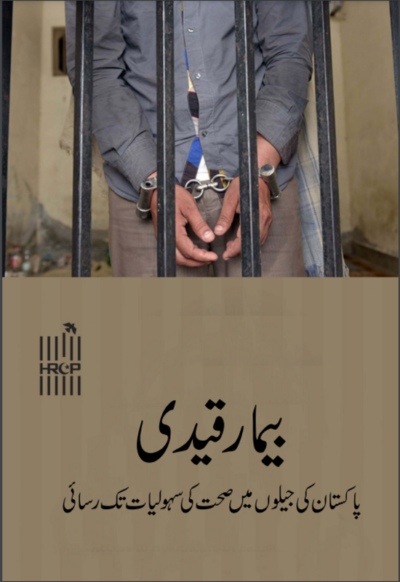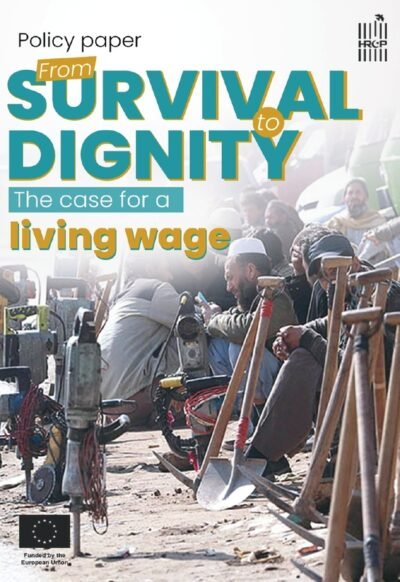In a country where the health sector in general has not been a priority of successive governments, healthcare for prisoners has fared worse. The prison service in Pakistan is arguably one of the most neglected public sectors. Our criminal justice system, parts of which still exist as ossified remnants of colonial times, imagines prisons as
places that redress crimes against society at best and not as places that rehabilitate inmates into productive citizens, least of all heal them of the negative impact of committing crime.
On top of that, many of Pakistan’s central and district jails are overcrowded, with a significant majority of prisoners being under trial, while their medical facilities are inadequate. There is a constant influx of individuals who are addicted to drugs with precarious health conditions which further burdens the fragile prison healthcare
system. Former inmates also report abuses of human rights in prisons as, barring some exceptions, the manner in which custodial staff members deal with captive populations across Pakistan is bereft of compassion. Corruption among the prison staff and impunity for their conduct impacts the grant of health facilities; bribery can buy certain privileges while the poor prisoners are deprived of their rightful share. Moreover, the doctors within the confines of a prison are not motivated to work due to stressful working conditions and long hours. As a result, prisoner’s basic rights to health, safety and dignity suffer.
In recent years, various studies have focused on prisoners’ access to healthcare, especially in the wake of Covid-19. While the virus is thankfully losing its sting, these studies have highlighted many problems that afflict the prison healthcare system and placed them in the public domain.







